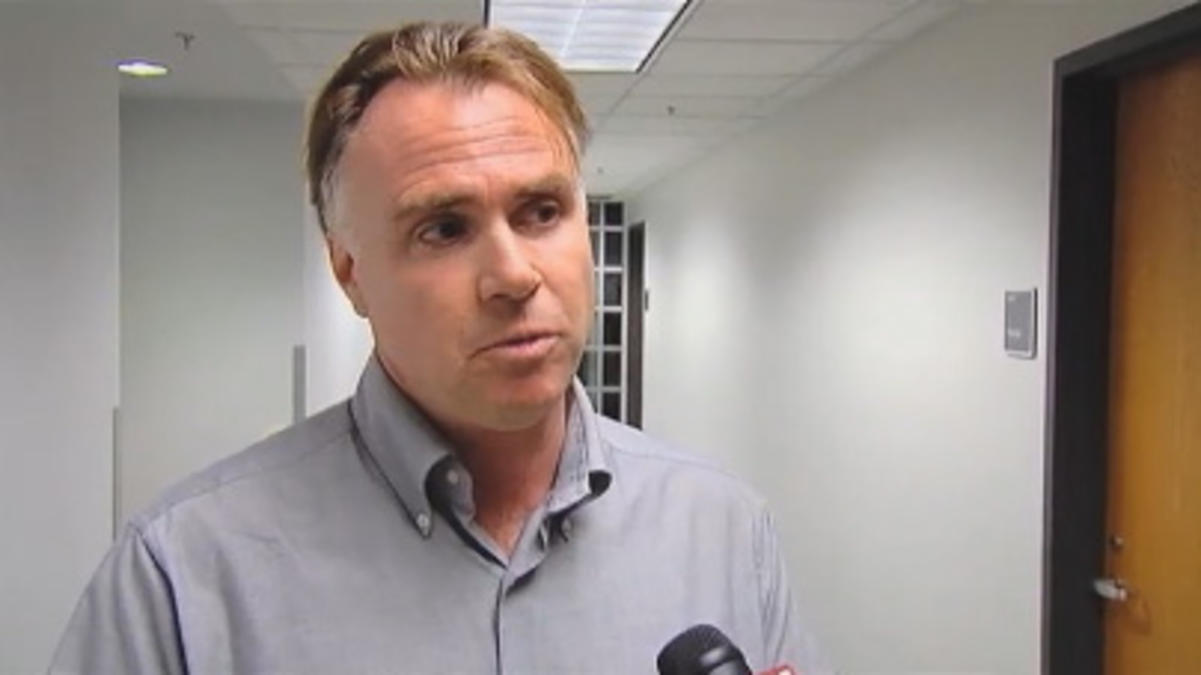California Supreme Court OK’s Employer Videotaping Employee’s Office – and no one cares?
- By : Cbh
- Category : Uncategorized
The California Supreme Court issued an August 3 opinion holding that an employer could secretly videotape an employee’s closed office without invading workplace privacy rights — and only a few news agencies mentioned the case by name (about 50 outlets referenced the case generally). To give you an idea of the short attention, here’s the one page coverage in the L.A. Times. You would think a state supreme court OK’ing secret videotaping of employees would be an catchy news story..?
The case is Hernandez v. Hillsides, Inc. where an employer secretly placed a wireless videocamera in an employee’s office (which had a door lock and window blinds, which could be closed). The court held that, while the element of “intrusion” was met, the affirmative defenses to “offensiveness” carried the day.
The defendant is a former orphanage which is now an overnight facility for abused children. The facility had a computer policy against accessing x-rated sexually explicity websites. The employer learned that two computers — one in a public area and one in a closed office — were being accessed at night for internet porn viewing. The employee who used the office often failed to log off at night. She was never suspected.
The employer, motivated both to stop the porn-viewing AND to catch the person, initially tried to put a camera on the public computer but could not sufficiently hide the computer. He then placed it in the closed office and swore under oath that the camera was there for three weeks, he never viewed it during normal business hours, he never saw anything invasive, he kept the video camera screen out of reach of other employees, and… he saw nothing.
Also interesting, the court found that there was no requirement that the defendant try alternative, less intrusive methods (although the court excluded that other methods would have worked).
The employee apparently found the camera one day with the red light blinking, the cord plugged in, and the equipment warm to the touch. She was concerned because she often closed her office door to change or have private conversations. The court acknowledged, “we appreciate the plaintiffs’ dismay over the discovery of video equipment… nothing we say here is meant to encourage such surveillance measures…”
The case is fact-rich and may, indeed, be so fact-specific that it could be distinguished from other workplace situations. This opinion should, by no means, be viewed as the “green light” for employers to videotape employees. That said, especially for California, which we view generally as a plaintiff-favoring jurisdiction, it is remarkable that the court unabashedly relied on the self-serving testimony of the employer — to the point that summary judgment was granted.

